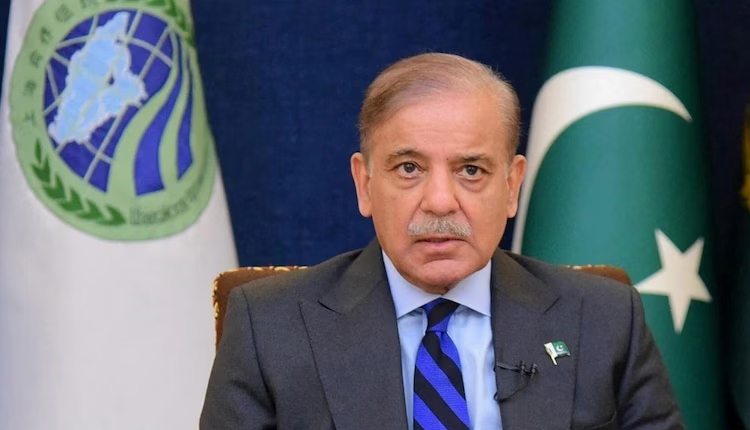On a whirlwind two-day visit to Malaysia, Pakistan’s embattled Prime Minister Shehbaz Sharif is pulling out all stops to wean his crisis-hit nation off the IMF’s lifeline, enlisting Kuala Lumpur as a key ally in his high-stakes economic pivot.
In a joint press conference with Malaysian counterpart Anwar Ibrahim on Monday, Sharif made a fervent plea: “If our entrepreneurs join hands for joint ventures, we can bid farewell to IMF loans for good.”
Sharif, who arrived amid Islamabad’s spiralling debt woes, underscored the urgency of the ongoing $7 billion IMF bailout package — extended in May with a $1 billion tranche, despite India’s vocal opposition. That aid came hot on the heels of Operation Sindoor, New Delhi’s precision strikes on terror camps in Pakistan and Pakistan-occupied Kashmir (PoK), which exposed Rawalpindi’s complicity in cross-border attacks. India had urged the IMF to reconsider, slamming Pakistan’s dismal track record on reforms and its chronic fiscal mismanagement.
“Right now, the IMF program is vital for stabilising our economy,” Sharif admitted, looking forward to wrapping it up in two years. However, he outlined a more optimistic outlook: Malaysian partnerships could slash external dependencies, channelling resources away from military excesses that have long drained the economy — leaving millions grappling with poverty and joblessness. Pakistan’s army, with its iron grip on key sectors, has drawn flak for prioritising arms over welfare.
Having stumbled on three of five IMF review targets, Islamabad’s pleas ring hollow to critics like India, who see this as yet another chapter in a saga of borrowed time. As Sharif departs tomorrow, his charm offensive raises eyebrows: is this a genuine outreach or a desperate dodge to evade accountability?



Comments are closed.